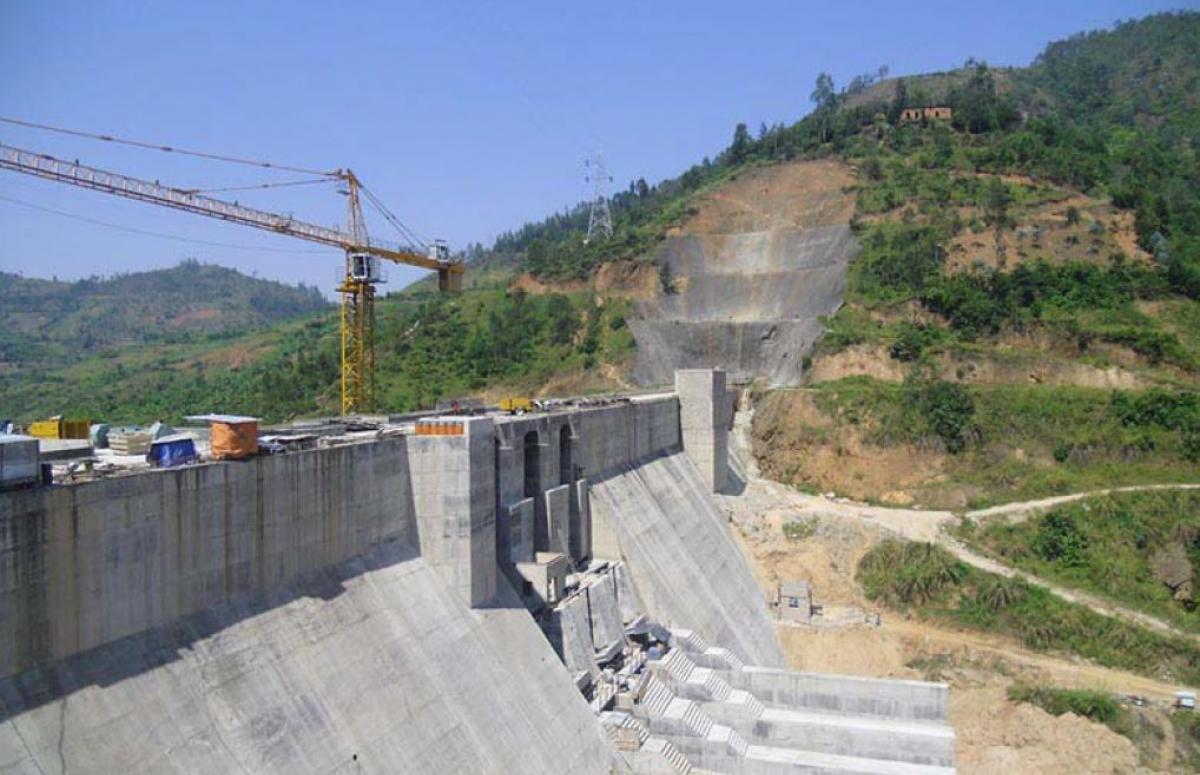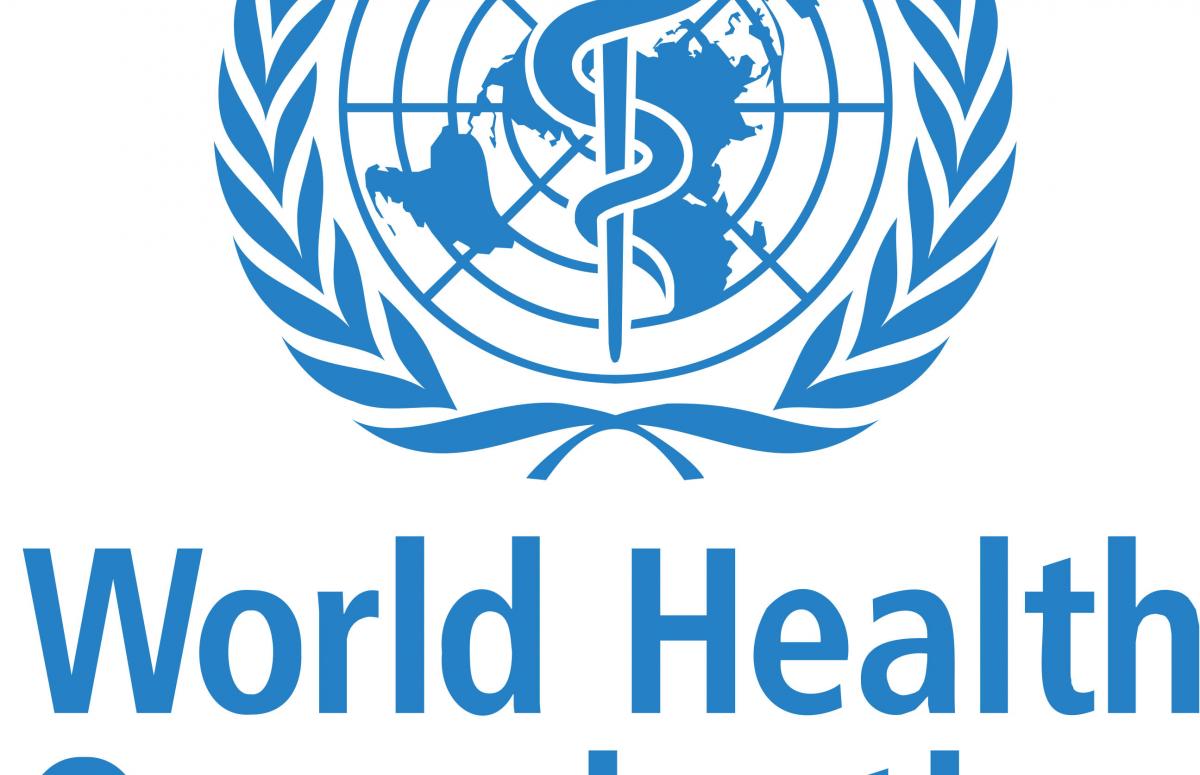The World Bank discovers power in the power sector - Policy Brief 14
The World Bank’s 2019 report on Rethinking Power Sector Reform recognises that many of the key challenges in power sector reform result from the political economy of the sector.
Barnett and McCulloch state that the report is weak in four areas and make recommendation to the World Bank and other development partners on how these could be tackled.
Rwanda's Electricity Boom and the Danger of Too Much Power - Working Paper 1
Our new Working Paper from TPP - Rwanda's Electricity Boom and the Danger of Too Much Power written by Dr Barnaby Joseph Dye. This discusses Rwandas energy production capacity and whether it's success is actually a problem.
FCDO governance programming in Nigeria: What difference has thinking and working politically made in practice? Working Paper 2
The UK’s engagements in Nigeria are a showcase for the gradual integration of a thinking and working politically (TWP) approach into development practice. This new Working Paper from the Policy Practice provides an overview of these nearly two decades of TWP mainstreaming - both successes and failures.
New Policy Brief - The PEA of pandemic prevention and preparedness in Africa
New Policy Practice Policy Brief - The Political Economy of Pandemic Prevention and Preparedness in Africa. Using a political economy perspective the policy brief asks why the health security agenda has been neglected in Sub-Saharan Africa and what can be done.
Beirut blast: restoring power is important, but so is restoring trust
The blast in Beirut has exposed Lebanon’s corrupt energy sector and therefore should be the starting point for a wholesale reform of a crippled political system to rebuild trust and ease rising public agitation. This blog explore it further.
Profile of WHO Director-General
Listen to Sarah Vaughan, Policy Practice principal and expert on Ethiopia, sharing insights into the background of Dr Tedros, WHO Director General. https://www.bbc.co.uk/programmes/m000jfpf









